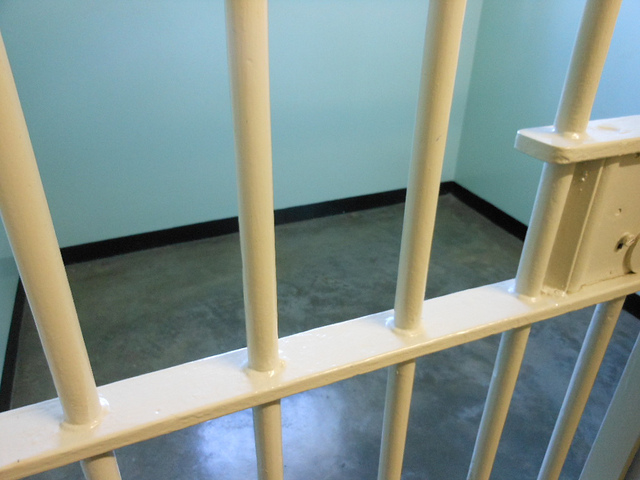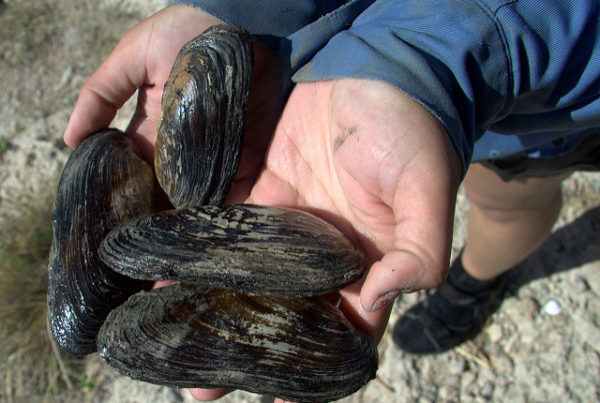It’s technically not a crime to owe money. It is, however, illegal in the U.S. to jail someone if they’re too poor to pay a traffic ticket – but it happens anyway.
Those who can’t pay for a ticket also can’t pay late fees. The amount they owe adds up until a judge sends them to jail, which means they can’t get to their job and they can’t take care of the kids. In the end, they might lose both.
In El Paso and Amarillo, legal advocates have challenged this practice in court. Last week, the Austin City Council passed a resolution meant to end it in Texas’ capital city.
Austin City Councilman Greg Casar backed the resolution. He says the city is looking into alternatives for those who can’t afford to pay fines.
“We just kicked off a process to define what indigence is, meaning people who are too poor to pay for their fines,” Casar says. “We’ve reiterated our commitment to not jailing people just because they can’t pay and instead to offer folks an alternative to jail time.”
The practice of jailing people for not being able to pay fines is illegal – a Supreme Court decision in the 1980s ruled that it violated the 14th Amendment. Still, people are jailed for “contempt of court.” But Casar says they’re trying to close that workaround.
“The point is that contempt of court would require that you are able to pay, that you are disobeying,” he says. “So what we have asked our judges to do is to have a uniform process in which they find out whether someone really can or can’t pay.”
He says that Austin isn’t trying to do away with fines or consequences for breaking laws, but rather give other options for the poor.
“We still are talking about alternatives to paying fines – that being community service or otherwise,” Casar says. “The fact of the matter is we set up laws because we want to de-incentivize behavior and we can certainly de-incentivize that behavior through other means other than fines.”
Post by Alexandra Hart.
















